This website uses cookies so that we can provide you with the best user experience possible. Cookie information is stored in your browser and performs functions such as recognising you when you return to our website and helping our team to understand which sections of the website you find most interesting and useful.

UNIDO SWITCH2CE Program Brings Stakeholders to Bangladesh to Advance Blended Textile Recycling
April 30, 2024

UNIDO, H&M Group, Circ, and Intellecap, collaborate on a pilot to explore bringing blended textile recycling solutions to Bangladesh.
The SWITCH2CE (“Switch to Circular Economy Value Chains”) pilot on building local capacity for blended textile waste recycling in Bangladesh recently brought together key stakeholders in Dhaka. The delegation included representatives from pilot partners H&M Group and Intellecap, textile recycling innovator Circ, and UNIDO. Parties contributed to the program’s broader goal of exploring opportunities to establish a textile-to-textile chemical recycling plant in Bangladesh.
The pilot is part of the global UNIDO-led SWITCH2CE project, co-funded by the European Union and the Government of Finland, which supports micro, small, and medium-sized enterprises in critically important value chains to adopt circular economy practices that can help support the growth of the economy in a manner that is environmentally sustainable, socially responsible, and creates decent jobs.
The SWITCH2CE-H&M pilot in Bangladesh is working on setting up a system to sort and recycle blended textile waste. This involves finding, testing, and scaling innovative solutions to turn this waste into new materials for textiles. The pilot also aims to create an enabling ecosystem for collecting blended textile waste from different factories at high-capacity automated sorting and separation centers within Bangladesh and build the capacity of local suppliers to sort and recycle this waste. This pilot will assist H&M Group’s suppliers in making the switch towards circularity by supporting them in addressing the technical and financial challenges associated with adopting new and innovative circular economy practices.
Discussions during the visit centered around leveraging local expertise to develop effective pathways from textile waste to recycled products that are specifically tailored to the needs of Bangladesh.
“SWITCH2CE serves as an enabler of circular alliances between EU multinationals, their suppliers in developing countries, target country governments, and the EU to trigger and support the transition to circularity,” said Mark Draeck, SWITCH2CE Chief Technical Advisor, UNIDO. “EU circular policies have implications across global value chains, both upstream and downstream. Advancing local circular capacities of Bangladeshi suppliers strengthens their competitiveness in global textile value chains, creates business opportunities and new green jobs, while also benefiting the environment and increasing resource efficiency.”
Project delegates had the opportunity to visit the facilities of Fakir Knitwear and DBL Group, two prominent players in the textile industry and also part of H&M Group’s local network of suppliers and recyclers in Bangladesh, underscoring the project’s commitment to harnessing collective knowledge for the transformation of the textile recycling industry. Furthermore, meetings with key players in the waste aggregation space provided valuable insights into market dynamics and opportunities for collaboration as the project scales.
“At H&M Group, we’re committed to reducing our dependence on virgin materials, achieving more with less and building a circular ecosystem to keep products and materials circulating at their highest value. Where waste is generated in our supply chains, we view it as a resource and aim to circulate it back into our products. To achieve this, we are actively building a recycling ecosystem for efficient waste management and a recycling network across production markets. We acknowledge, that the recycling sectors in our primary production markets are still emerging and today, recycling ecosystems are highly underdeveloped. Our industry still has a long way to go and we recognize the need for a systemic change. To address these issues in Bangladesh, we are collaborating with the United Nations Industrial Development Organization (UNIDO) and support their “SWITCH to circular economy value chains” project.” – H&M Group shared.
Venkat Kotamaraju, Partner & Director, Circular Apparel Innovation Factory (CAIF), An Intellecap initiative added: “We are truly delighted to be partnering with UNIDO, H&M Group and its supplier partners in this endeavor to keep materials in the economy within Bangladesh’s RMG sector. For us, intent is prime. And we are glad to have H&M as a partner that has demonstrated intent right from the get-go. In our endeavor to build the indigenous capacities and capabilities within Bangladesh, the potential Circ has to offer will be game-changing. It’s a rarity to have all partners backing intent with a bias for action.”
“Textile recycling is complex and no single entity can create an effective solution overnight,” continued Peter Majeranowski, CEO, Circ. “The SWITCH2CE program is leaning into collaboration by bringing together important partners like H&M Group, Intellecap, and UNIDO to move the needle meaningfully, and we’re pleased to bring an innovators’ lens to such an influential group. Our visit to Dhaka allowed us to strengthen these partnerships and our knowledge of the region to collectively advance initiatives towards blended textile recycling.”


